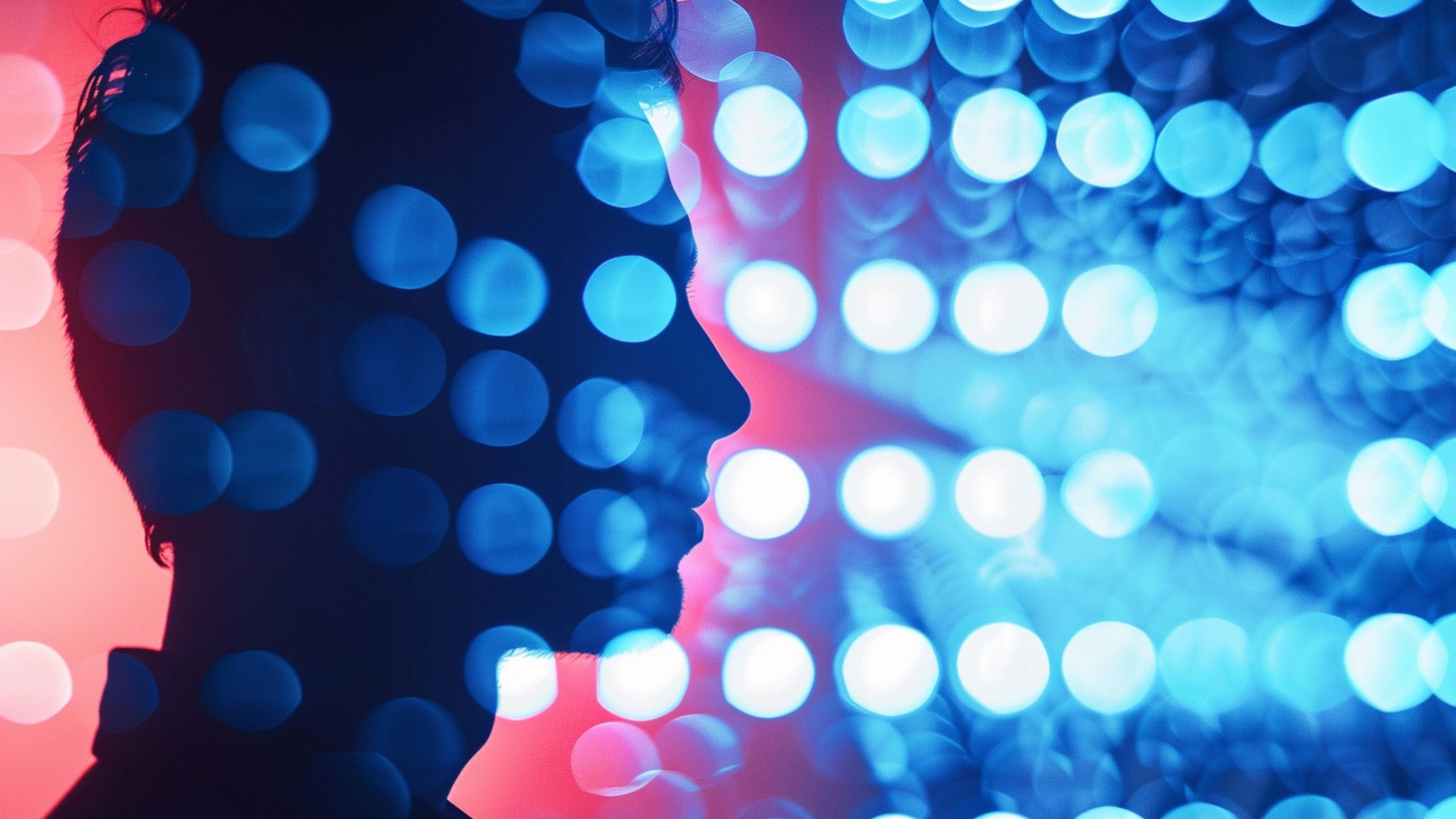Efforts by the French government to combat online access to pornography are quickly turning into a broader push to dismantle online anonymity, raising significant alarm among privacy advocates.
Authorities are now considering applying harsh age-verification mandates not just to explicit sites, but also to social networks like Reddit, Mastodon, and Bluesky, platforms where adult content may appear but where identity is not typically tethered to real-world credentials.
The shift doesn’t involve new legislation, but a reinterpretation of existing laws under France’s recently enacted regulations. This would allow the state to brand platforms that “enable the sharing of pornographic content” as porn sites, subjecting them to some of the most invasive digital ID checks yet proposed in the EU.
Digital Minister Clara Chappaz’s office stated, “Our focus is age verification for any platform that distributes or enables the sharing of pornographic content.”
Though framed as a move to protect children, the implications extend well beyond youth safety. Any service caught in this net would be forced to track the age, and by extension, the identity, of its users, undermining pseudonymity and threatening to make anonymous online activity impossible in practice.
The government’s renewed urgency follows the tragic killing of a teaching assistant in a high school, which President Emmanuel Macron used to reemphasize his call to ban social media for users under 15. While unrelated to pornography, the incident is being used to justify sweeping controls over digital spaces.
Platforms that fail to comply with the new age-check rules risk being fined, blacklisted by search engines, or even blocked entirely. Chappaz recently signaled that Elon Musk’s X is close to being designated as a pornographic platform, despite its primary function as a text-based social media site, highlighting how blurry and expansive the government’s definitions have become.
However, the legal path is anything but clear. Under the EU’s Digital Services Act (DSA), decisions over “Very Large Online Platforms” rest with the European Commission, not individual member states.
These platforms are expected to assess and mitigate risks, including those tied to adult content, but retain discretion on how to do so. A legal review in France is reportedly underway, signaling the state’s intent to push this policy despite potential conflicts with EU law.
Some platforms are pushing back. Aylo Freesites, the company behind many adult sites, has already blocked access in France in protest, warning that the government’s model is “dangerous” and “potentially privacy infringing.”
Others like have refused to implement the age gates and could face sanctions from the French regulator Arcom.
The move isn’t isolated. Across Europe, a wave of government interest in age verification is gaining traction, ostensibly to protect minors. But the trend is also enabling deeper data collection and making it easier to tie digital behavior to real identities.
France is one of five countries participating in an EU pilot for an official age-verification solution.
Thomas Regnier, a European Commission spokesperson, said the DSA obliges platforms like X to take “appropriate risk mitigation measures — including on pornographic content.”
As France moves ahead without EU consensus, the consequences are already becoming clear. While policymakers cite child safety, the tools being built risk ushering in a far more surveilled internet, where expressing dissent, seeking help, or simply engaging in private discourse could come with the price of revealing your identity to the state.










